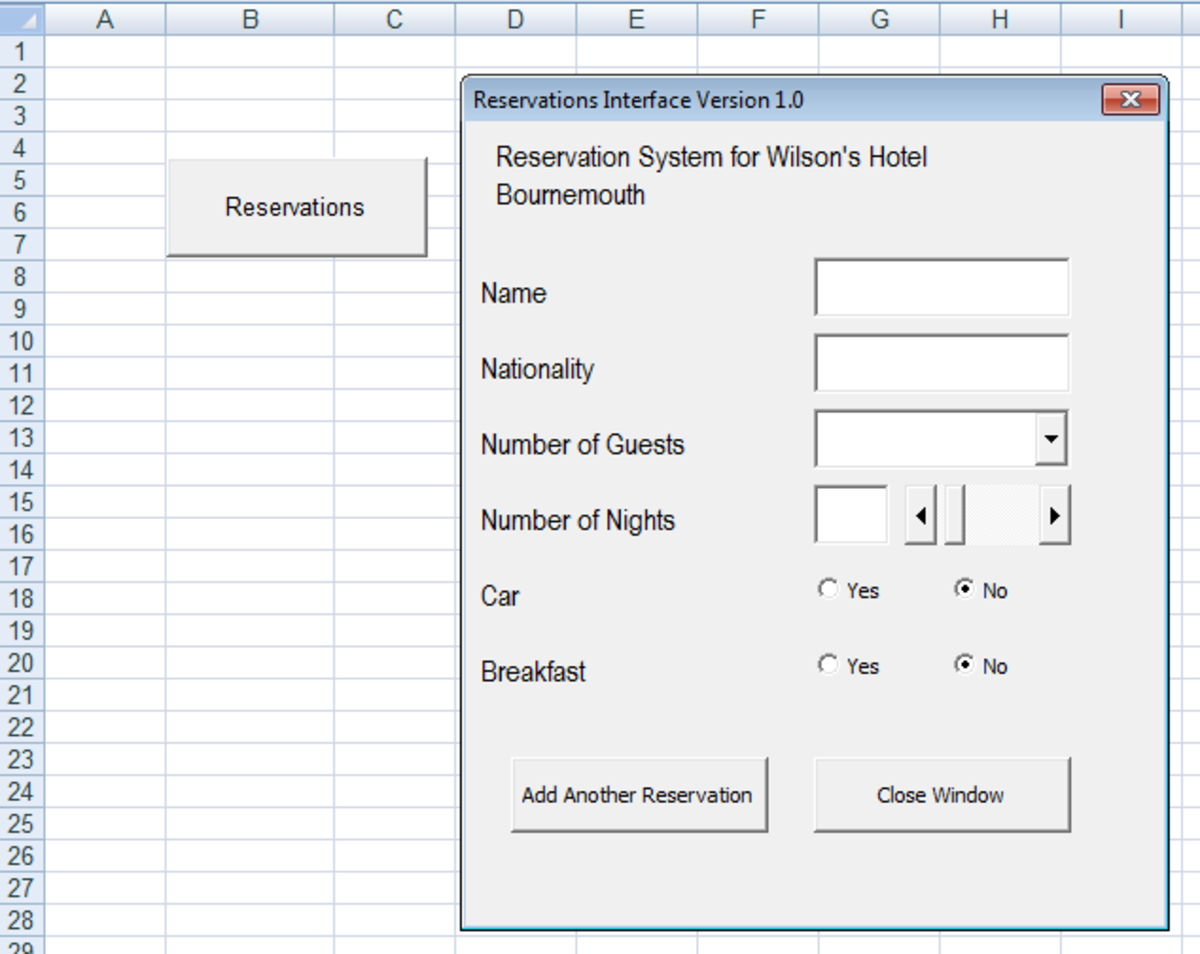- HubPages»
- Technology»
- Computers & Software»
- Computer Software»
- Office Software Suites
Scrum Software Development Tools
What Is Scrum Software Development, and Why Is It Used?
The scrum software development method is used for several reasons. Because scrum time-boxes activities, smaller challenges are taken on one at a time. This is a lower risk method than tackling complex problems at once.
Scrum software development uses sprints or repeatable iterations that take a few days up to a month to resolve small problems. When a problem arises, the sprint is repeated. Scrum sprints ensure that the team is focused on solving one particular problem until it is resolved, instead of chasing multiple issues and adding complexity to the test cycle.
The scrum software development method theoretically improves the return on investment in software development because the lessons from each sprint are carried into the next one, improving software quality while the current project is underway. Scrum differs from traditional software development in assuming that the project requirements are incomplete and may change.
Scrum software development projects is challenging when only software like MS project is used.

Scrum Project Management Tools
Scrum project management tools are those that allow developers and software project managers to support scrum projects.
Microsoft Visual Studio comes with a scrum process template. Managers can use the Team Foundation Server or TFS product by Microsoft to manage source code, work tasks and software builds. Work items are used in TFS to store data. Work items are typically broken down into requirements, tasks, bugs to be fixed and issues.
The TFS template contains document templates for forms like the software test cases, scenarios, software requirements and test plans. It also creates the workflows for how to handle hand-offs, life cycle states for software bugs and assigning tasks. TFS supports traceability of relationships between artifacts.
TFS 2010 has two default process templates. MSF for Agile Development v5.0 is used for agile software development methodologies like scrum and extreme programming. The second process template is for CMMI process improvement, providing deep traceability and auditability as required by the Capability Maturity Model Integration approach to process management.
Microsoft released the Microsoft Visual Studio Scrum 1.0 in the middle of 2010. The TFS 2010 Scrum release is specifically for software development teams practicing scrum. It must be installed separately for those who already had TFS 2010.
All versions of the Visual Studio suite run on an SQL server.
How TFS 2012 Differs from TFS 2010
Team Foundation Server 2012 is designed to support application life-cycle management or ALM, from initial release through ongoing maintenance releases until it is upgraded.
There are several different versions of Visual Studio 2012. Visual Studio Professional lacks TFS, but users can purchase TFS separately. Those with Visual Studio Premium receive a TFS client access license. The TFS 2012 CAL includes software testing tools, debugging tools and diagnostics. Visual Studio Ultimate has all TFS features, including the full version of the scrum process template. Visual Studio Ultimate also comes with lab management and software architecture tools.
Visual Studio Test Professional contains testing tools but lacks software development tools. Team Explorer Everywhere gives software developers on Mac platforms use the Visual Studio TFS and tools like the scrum process template. Team Explorer Everywhere supports teams on platforms like Java and .NET.
TFS 2012 has stronger version control and release management than the 2010 version. Team Foundation Sever 2012's version control is accessible through the GUI as well as the project portal.
TFS 2012 includes the concept of teams and capacity planning, something the 2010 version lacked. TFS 2012 supports PowerPoint storyboarding for requirements gathering. Project teams are created by the TFS process template. The process template contains XML files that define the components of the project team. Visual Studio 2012 Ultimate has five templates for UML diagrams, such as the use case diagram and activity diagram.
Microsoft added feedback tracking via the Microsoft Feedback Client. Requests for feedback generated through the TFS can be sent via email to stakeholders or team members listed in the project template.
One of the radical changes in TFS 2012 is the cloud based version of the tool. Visual Studio TFS 2012 and all of its templates and workflows can be run on Windows Azure, making TFS 2012 a cloud based application when desired. Alternatively, developers can access Visual Studio TFS 2012 through the cloud without buying the whole application and a client application license.
TFS 2012 has hierarchical work items, such as creating parent tasks with sub-tasks. TFS 2012 has stronger queries of work item structures to find related tasks and work items. TFS 2012 work items can be imported into Microsoft Project.
References
- “Professional Scrum with Team Foundation Server 2010” by Steve Resnick, et al
- “Pro Application Lifecycle Management with Visual Studio 2012, Second Edition” by Joachim Rossberg
- “Professional Visual Studio 2012” by Bruce Johnson



